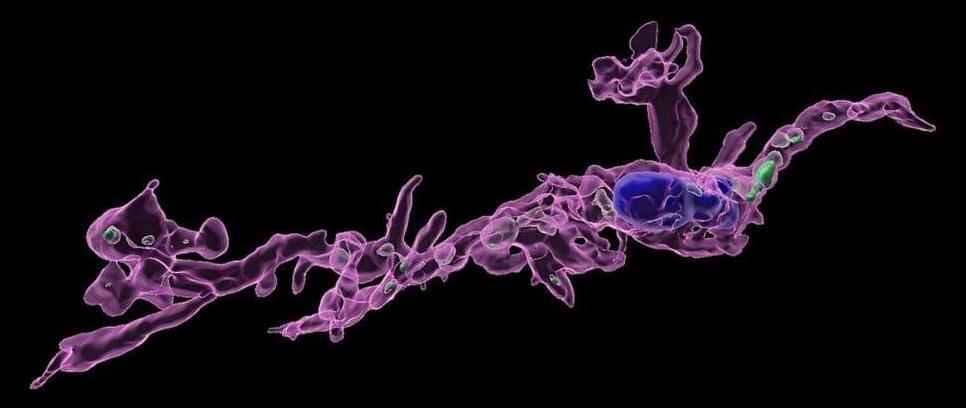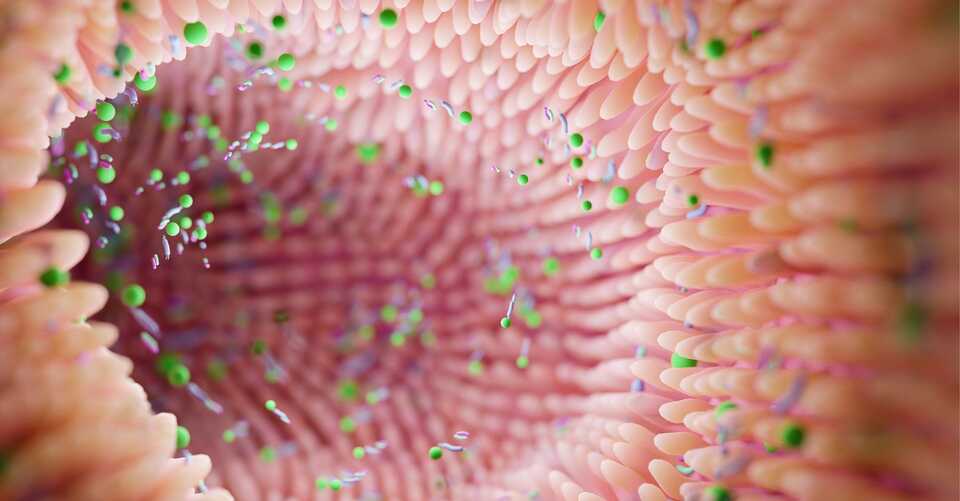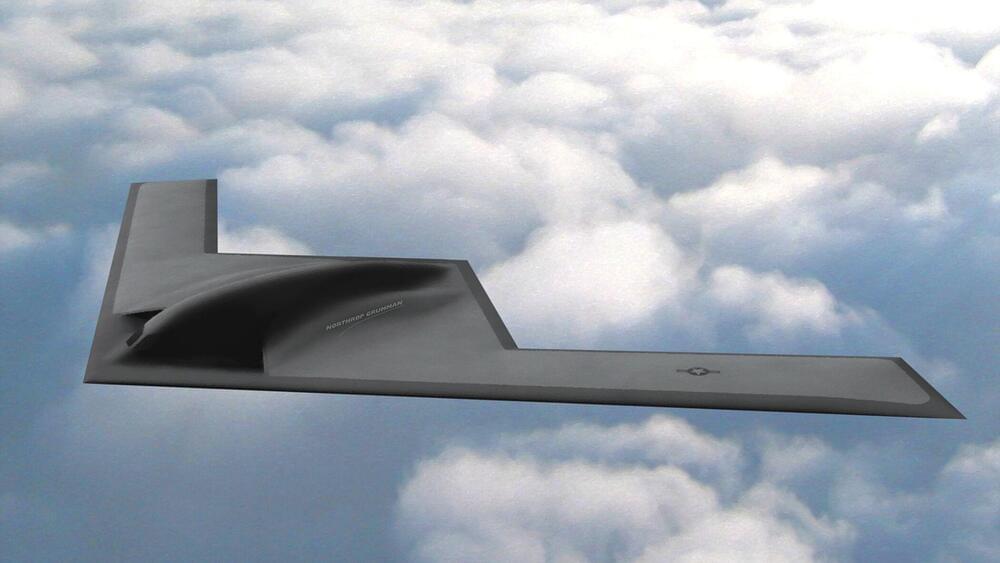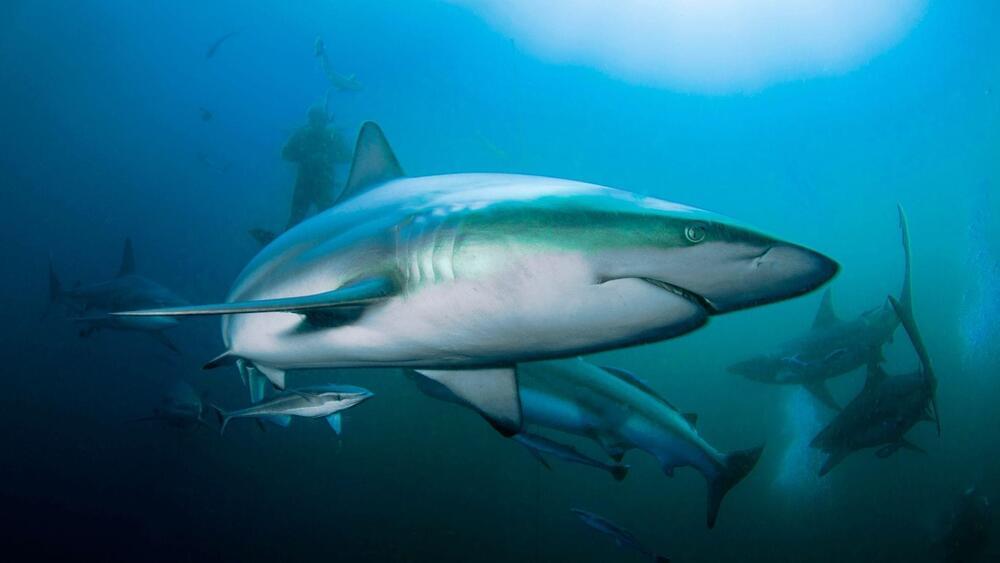Excess fat triggers immune cells to overeat serotonin in the brain of developing male mice, leading to depression-like behavior. More than half of all women in the United States are overweight or obese when they become pregnant. While being or becoming overweight during pregnancy can have potential health risks for moms, there are also hints that it may tip the scales for their kids to develop psychiatric disorders like autism or depression, which often affects one gender more than the other.
What hasn’t been understood however is how the accumulation of fat tissue in mom might signal through the placenta in a sex-specific way and rearrange the developing offspring’s brain.
To fill this gap, Duke postdoctoral researcher Alexis Ceasrine, Ph.D., and her team in the lab of Duke psychology & neuroscience professor Staci Bilbo, Ph.D., studied pregnant mice on a high-fat diet. In findings appearing November 28 in the journal Nature Metabolism, they found that mom’s high-fat diet triggers immune cells in the developing brains of male but not female mouse pups to overconsume the mood-influencing brain chemical serotonin, leading to depressed-like behavior.








